It is expected that in 2026, UNESCO will honor and celebrate the birthday of Le Quy Don, a Vietnamese cultural celebrity and the pride of the Vietnamese people.
According to Ambassador - Head of the Permanent Delegation of Vietnam to UNESCO Nguyen Thi Van Anh, this is a very important decision because according to practice, the General Assembly usually completely agrees with the recommendations of the Executive Board.
It can be said that, compared to his contemporaries and compared to many Confucian scholars of our feudal period, Le Quy Don was a scholar known by many foreigners of his time.
The 221st session of the Executive Board of the United NationsEducational , Scientific and Cultural Organization (UNESCO) took place in Paris from April 7-17 with an agenda spanning all areas of education, culture, science, human resources, management and foreign relations.
At this session, Vietnam has a number of documents in the list to be considered, including: The document "Collection of Musician Hoang Van" was recognized as a world documentary heritage; recommended the 43rd UNESCO General Assembly to issue a Resolution on jointly celebrating the 300th anniversary of the birth of the famous person Le Quy Don.
Life and career of cultural celebrity Le Quy Don 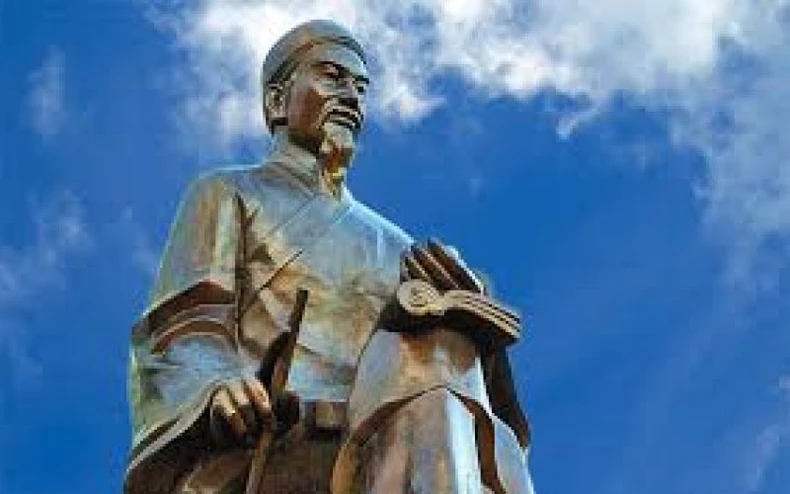 Le Quy Don is a Vietnamese cultural celebrity, a pride of the Vietnamese people. Le Quy Don is a Vietnamese cultural celebrity, a pride of the Vietnamese people.Le Quy Don's childhood name was Le Danh Phuong, courtesy name Doan Hau, alias Que Duong (1726 - 1784) was born into a family of scholars in Dien Ha village, Tien Hung district, Son Nam Ha town, now Dong Phu village, Doc Lap commune, Hung Ha district, Thai Binh province. His father was Doctor Le Trong Thu (1691-1781), alias Truc Am, an official with the position of Minister of Justice. His mother was Mrs. Truong Thi Ich, daughter of Doctor Hoang Phai Marquis Truong Minh Luong (1636-1712), from Tien Noi village, Nguyen Xa commune, Duy Tien district, Son Nam town. Born and raised in a prosperous countryside, in a family of scholars with a “hereditary culture”, it nurtured the will, spirit and formed the great cultural personality of the scholar Le Quy Don. As a child, he was famous for his intelligence and studiousness, considered a prodigy by his contemporaries, always topping the examinations and passing the Tam Nguyen Bang Nhan exam at the age of 27 under the Le-Trinh dynasty. Le Quy Don is a special phenomenon in the history of Vietnamese culture in the 18th century with achievements and contributions in ideology, politics, culture, education and many other scientific fields. Le Quy Don's official career lasted more than 32 years with 20 changes in position. He was an honest official, promoting the interests of the nation and worrying about the suffering of the poor. During his lifetime, Le Quy Don always pursued two great ambitions: to govern the country and to write and speak. His legacy of writing and speaking is a massive body of knowledge of 50 books, with hundreds of volumes including both humanities and natural sciences. These include: Phu Bien Tap Luc, Van Dai Loai Ngu, Kien Van Tieu Luc, Dai Viet Thong Su, Toan Viet Thi Luc, Que Duong Thi Tap, etc. Le Quy Don's legacy is not only significant within the national scope but also reaches far beyond the international level. His valuable works, mostly written in Chinese, have become direct references for many studies in the East Asian region. These works, along with scientific articles, have been translated into many other languages, contributing to spreading the cultural values and writings of Le Quy Don globally. Le Quy Don was one of the pioneers in the ideology of "practical learning," emphasizing the importance of combining theory and practice. He criticized the "reading and reciting" way of learning, and promoted the spirit of self-study and creativity. His works such as Van Dai Loai Ngu and Kien Van Tieu Luc were not only rich sources of information but also conveyed profound educational philosophies. In the book "Phu bien tap luc", he fully recorded the regions and territories such as mountains, rivers, climate, occupations, products, talents, land, taxes, military system, customs and practices of the regions of Vietnam. The Van Dai Loai Ngu is a massive medieval encyclopedia covering many fields from geography, history, medicine and agriculture, creating a valuable national knowledge repository that effectively supports research and education; Kien Van Tieu Luc is a collection of notes about the history, culture and geography of Vietnam from the Ly, Tran and Le dynasties. Le Quy Don recorded important historical events, helping future generations better understand the past through his works Dai Viet Thong Su, Bac Su Thong Luc, and Quoc Trieu Tuc Bien, which are valuable sources of documents for Vietnamese history researchers. Le Quy Don's knowledge and wisdom endure through time through the inscriptions on stone steles and bronze bells in relics and famous landscapes in Thai Binh, which have become cultural heritages, demonstrating his profound national spirit and his profound understanding of Vietnamese history and culture. In 1760 and 1762, Le Quy Don was appointed by King Le and Lord Trinh as Deputy Envoy with the Dai Viet delegation to China. He successfully completed the mission of raising the country's position thanks to his ability to fight, his resolute behavior, his wisdom and his high cultural level. He introduced cultural and academic exchanges with Qing officials and scholars, Korean envoys and Japanese scholars through the works Quan Thu Khao Bien, Thanh Mo Hien Luc Pham, Tieu Tuong Bach Vinh, which were highly appreciated by envoys of various countries about Dai Viet civilization. The achievements and scientific career of the scholar Le Quy Don have been and are priceless legacies passed down to the next generations, honored by the state and people through many forms of recognition and commemoration. The whole country has 40 schools named after the famous Le Quy Don, of which Thai Binh province has 7 schools of all levels named after Le Quy Don; Currently, the whole country has about 9 locations where statues of Le Quy Don have been erected or cast. The name and career of Le Quy Don have been the subject of many seminars and research topics, included in books on history - geography, on historical figures, named for scientific innovation awards, 44 provinces named streets after Le Quy Don. Le Quy Don, an outstanding son of the Vietnamese people, his life and career left a great legacy that transcended local and national boundaries to accompany humanity. Source: Thai Binh Province |
According to: nhandan.vn
Source: https://baothaibinh.com.vn/tin-tuc/19/221722/unesco-phe-duyet-khuyen-nghi-ky-niem-300-nam-ngay-sinh-cua-danh-nhan-le-quy-don


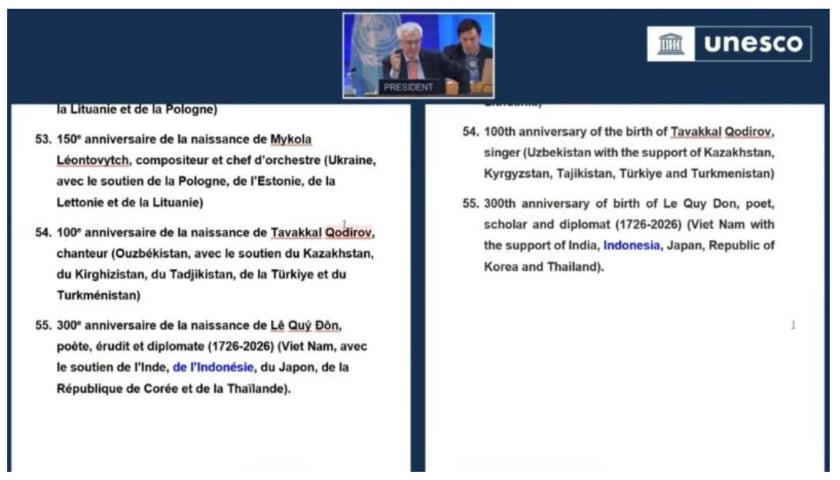
![[Photo] Prime Minister Pham Minh Chinh holds talks with Prime Minister of the Kingdom of Thailand Paetongtarn Shinawatra](https://vphoto.vietnam.vn/thumb/1200x675/vietnam/resource/IMAGE/2025/5/16/23b5dd1e595d429491a54e3c1548fb79)




![[Photo] Welcoming ceremony for Prime Minister of the Kingdom of Thailand Paetongtarn Shinawatra on official visit to Vietnam](https://vphoto.vietnam.vn/thumb/1200x675/vietnam/resource/IMAGE/2025/5/16/cdd9e93739c54bb2858d76c3b203b437)


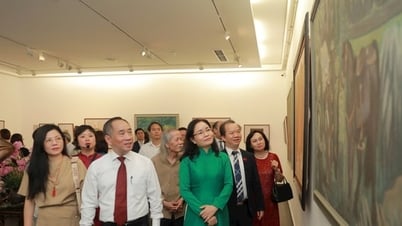

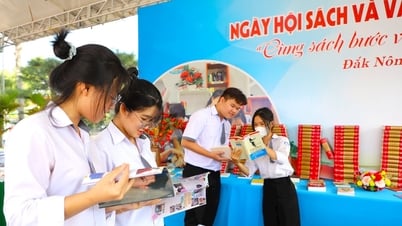

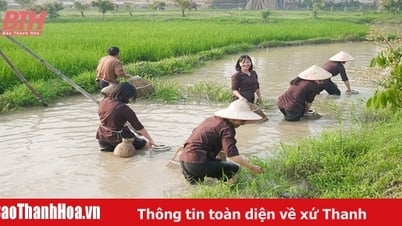

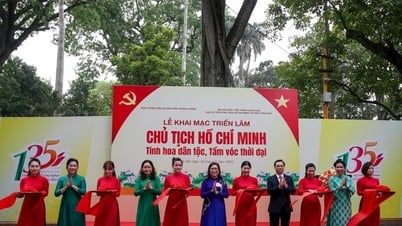
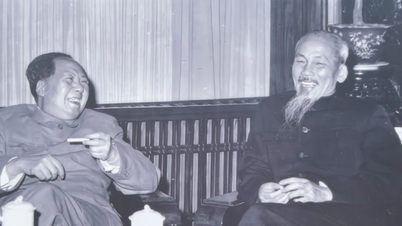





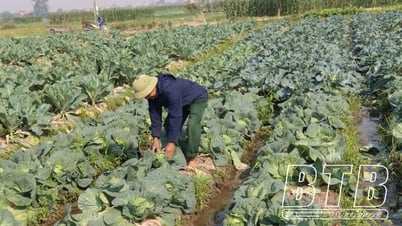
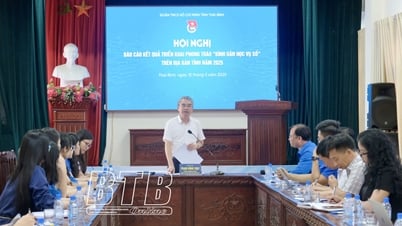
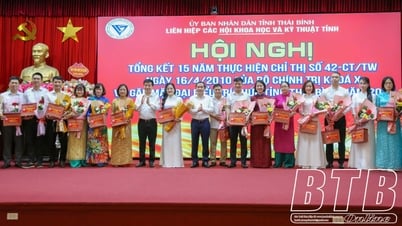
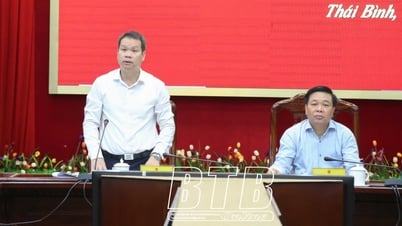








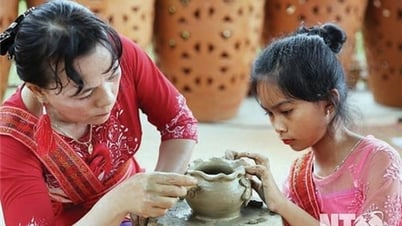

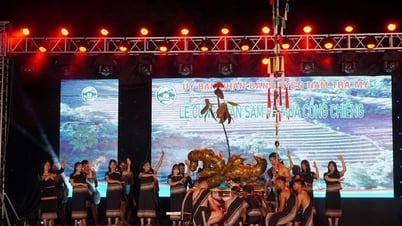
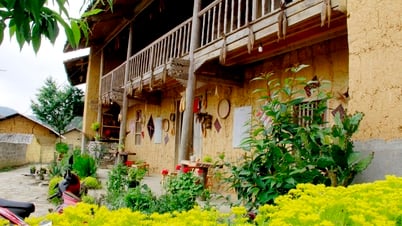





















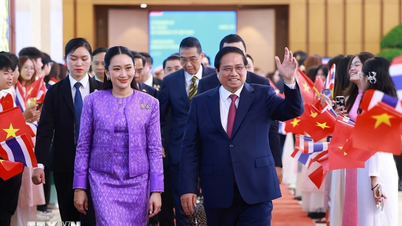
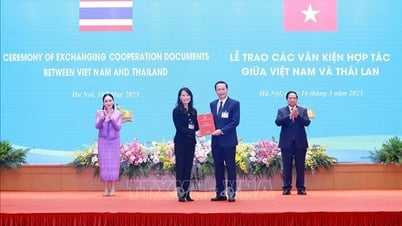

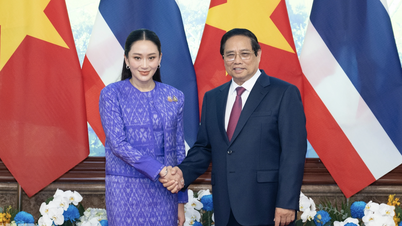
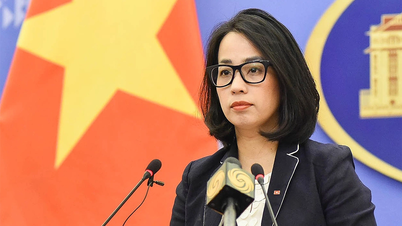


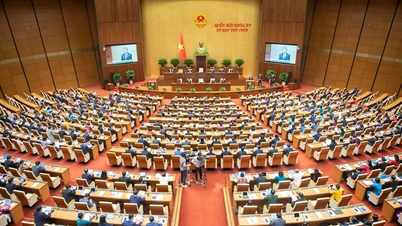
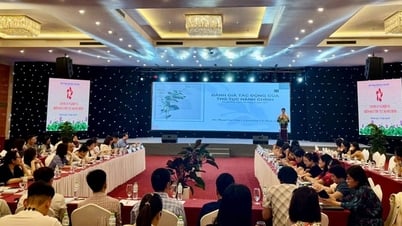

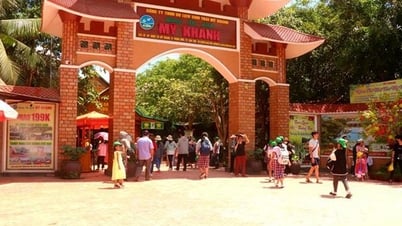




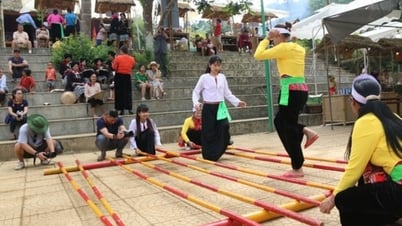
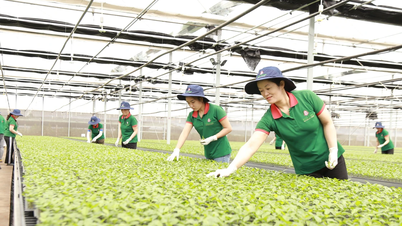
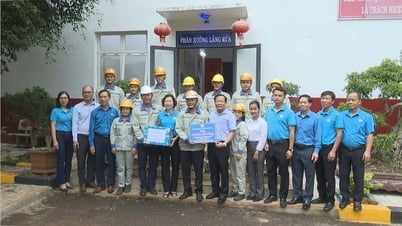



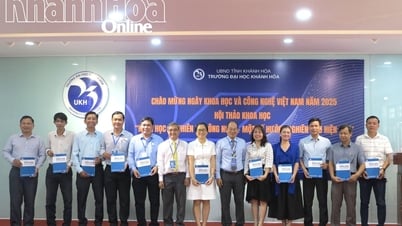


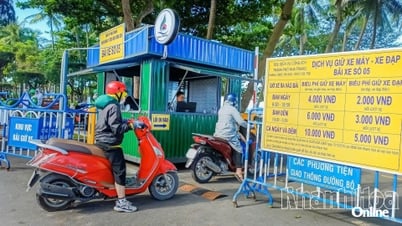









Comment (0)